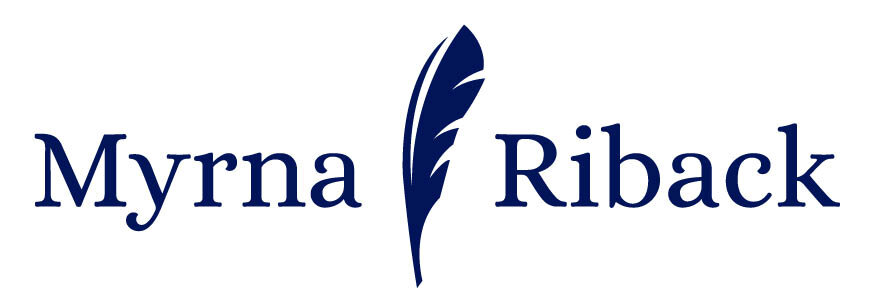Elie Wiesel
My father never talked about the Holocaust. He kept his memories locked up and thought he could hide what he had experienced during that time. He was 25 in 1939 when the war started and by the time it reached his little village outside Vilnius, his young wife and baby son were in the direct line of fire. He was away from home the day the Nazis stormed into Niemenczyn, rounded up the 500-odd Jews who lived there and marched them into the forest. His hopes and dreams were murdered that day and he never forgave himself for not being there the day his young family was forced to give up their lives, not there to save them or die with them in the mass grave.
He never told us about his first wife and son. I only know about them because my mother told me about them after he died when she handed me a tiny brown envelope with six little pictures of a young and beautiful woman holding a chubby, bright-eyed baby boy. As I held the crumpled envelope, I wondered how he had managed to save those images at a time when you were allowed nothing and had nowhere to put it. He must have had a desperate need to keep the memory of their faces fresh.
I know very little about my father’s time in the Vilna Ghetto or his time hiding in dark forests in holes in the ground and attics of barns. He probably thought that not talking to us about it would save us from the trauma and horror he faced and protect us from pain. But he was wrong. He had suffered and was damaged and we knew it. He was at times morose and unreachable and we saw that too. At the best of times, he could be funny and playful and kind but there were those times too when he was not. I disliked my father intensely at those times and wished he could be like the other fathers I saw in my friends’ homes. He wasn’t fun. He did not like to go to restaurants or theatres or movies. He did not like the rambunctious noise we made when we played and made us sit quietly in the car as he turned off the radio when he saw a police car approaching on the road. He lived with us but he was often alone and we were without him periodically when he was just steps away in his bedroom, the door closed, the covers drawn over his head, not speaking for days. We tiptoed around the house on those days, afraid to make a sound, and waited for him to emerge, timid and tenuous, from his private hell.
He never shared his stories with us and so we could only imagine what he had seen and gone through. That, in many ways, was harder than the knowing would have been. We couldn’t ask him questions or comfort him. We couldn’t help him and we needed to. Maybe more importantly, we couldn’t carry those stories forward into the future to join the macabre collection of memories that all survivors of horror and terror face in today’s world of cruel and senseless persecution of all kinds.
Elie Wiesel shared his memories and told his story to the world. Many other Holocaust survivors have done the same but, because he was so courageous, so truthful and articulate and so deeply humane, his sharing has become a beacon for all people. By speaking their memories, all survivors honour us with their trust and hope that we will carry their lives and the lives of those who were massacred into the future. Maybe our knowledge of the past could make this world a better place. Maybe.
Your name is a blessing onto the world, Mr. Wiesel, and we thank you for giving us your memories and for your bravery. Rest in Peace.
